Paterson Club
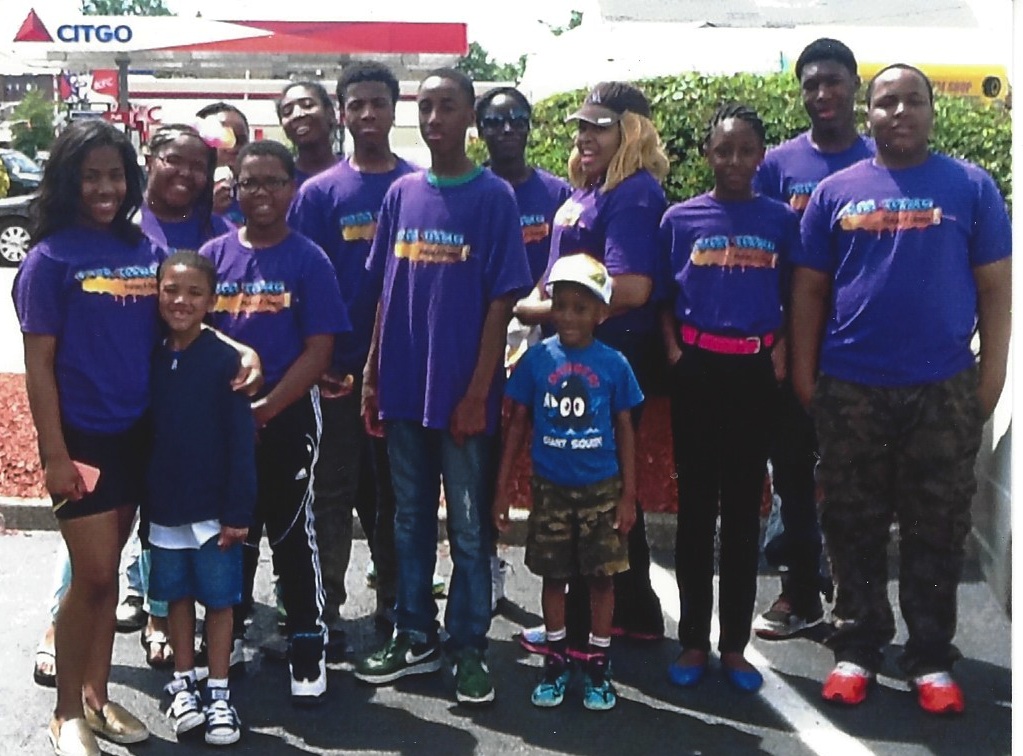
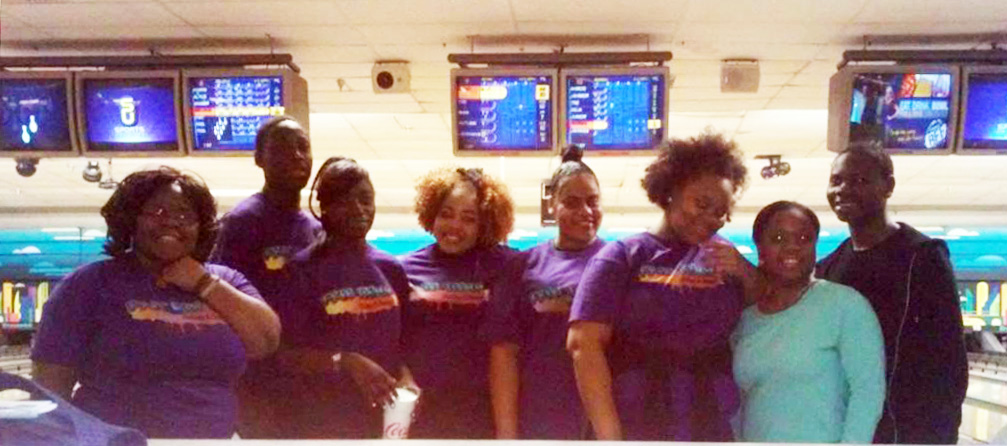

Clair Memorial Club, Jersey City
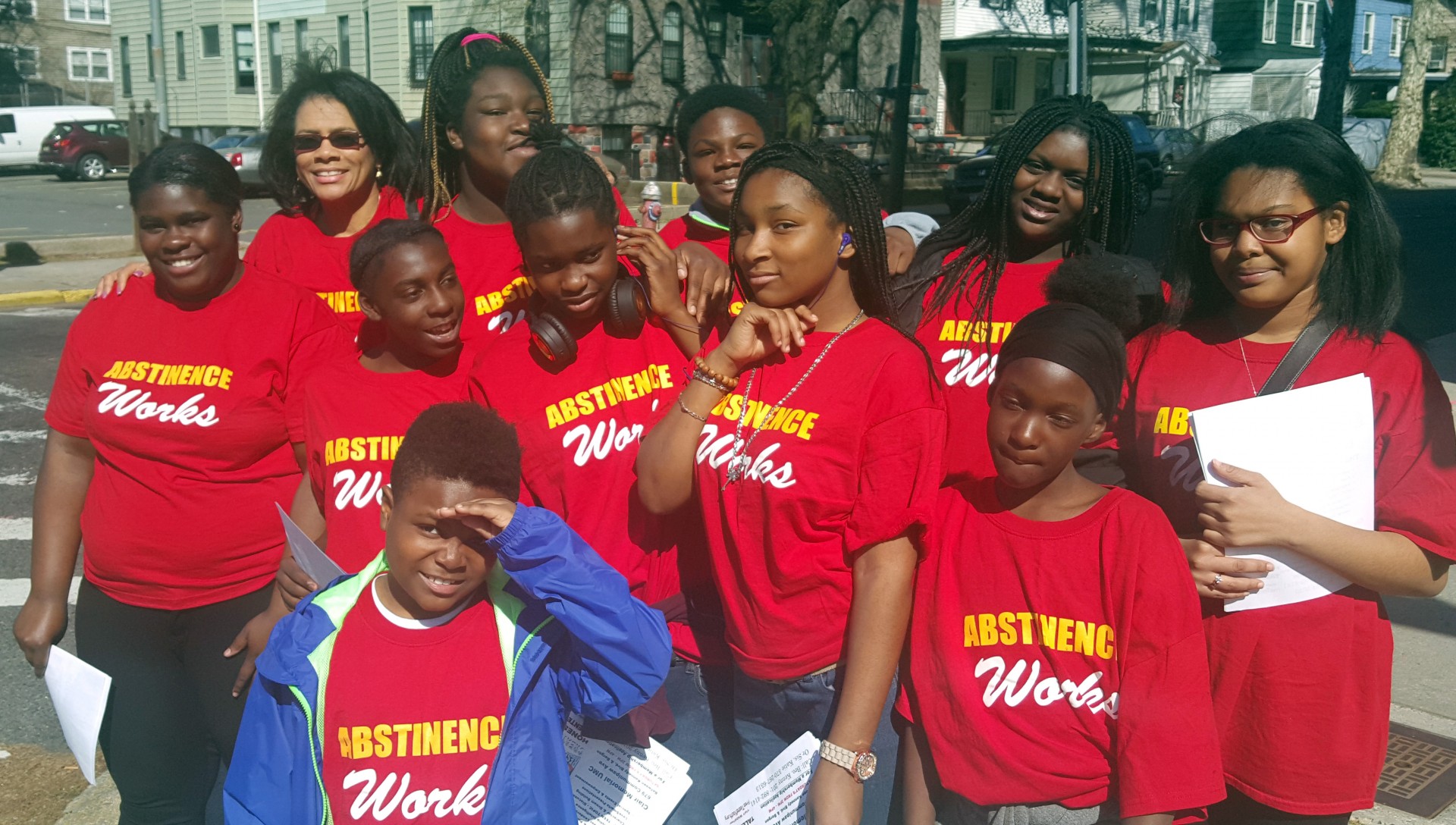
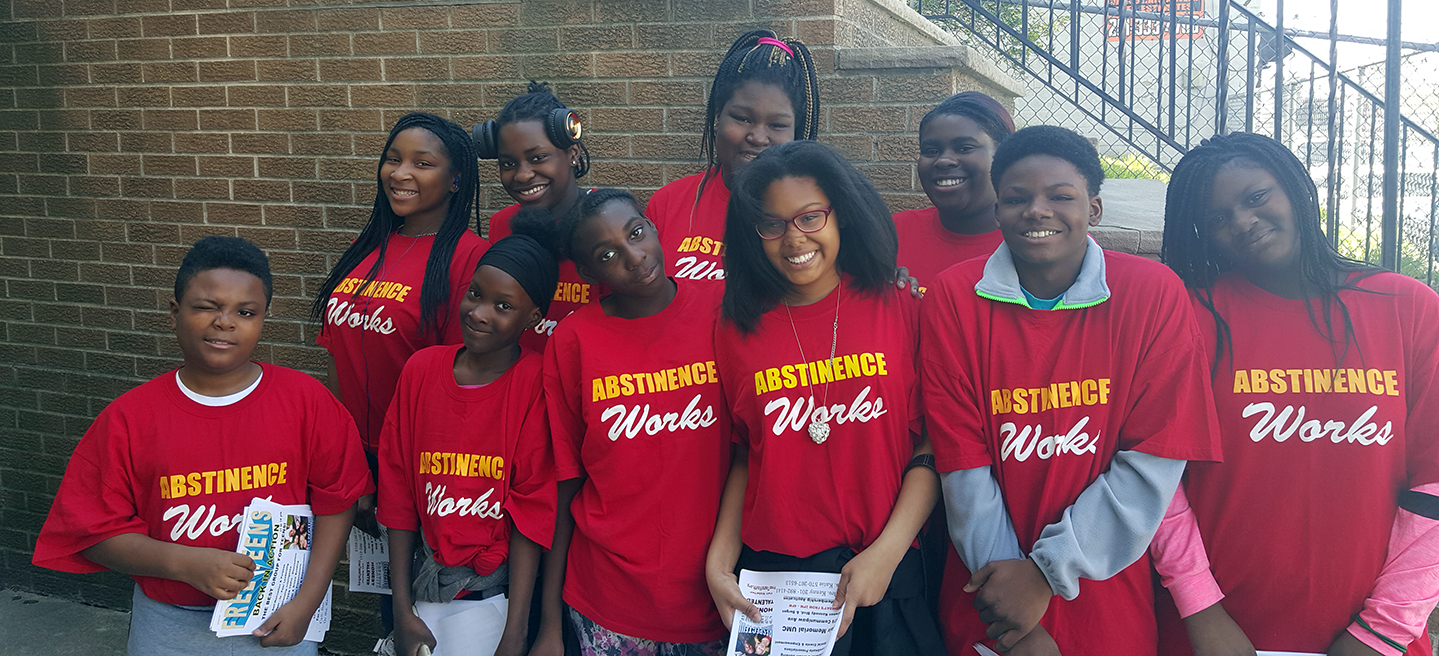
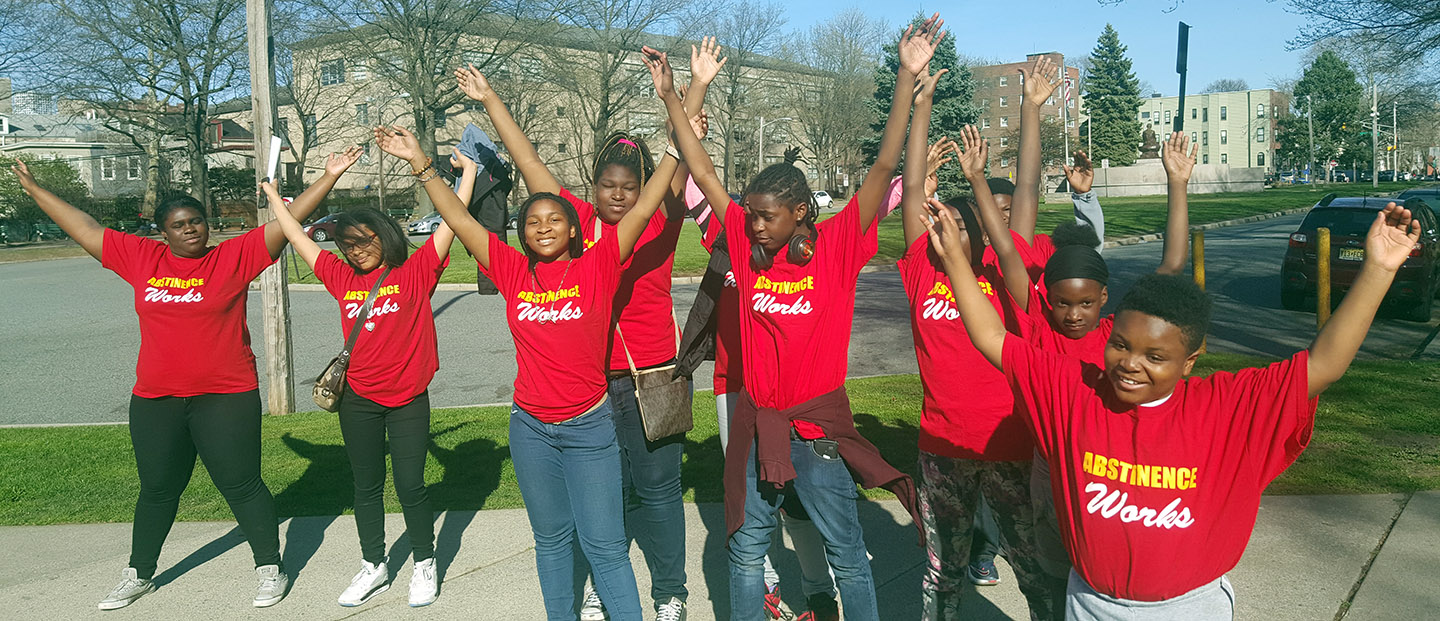
Colonia Club
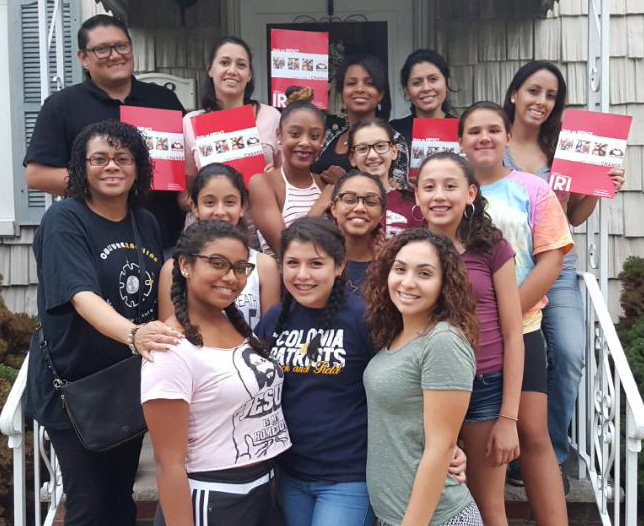
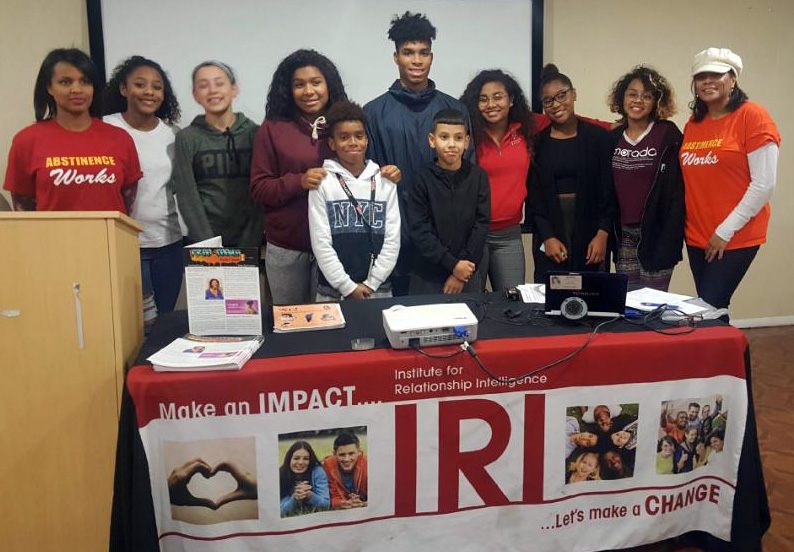
Joint club Outing to Camelback Park, August 2016
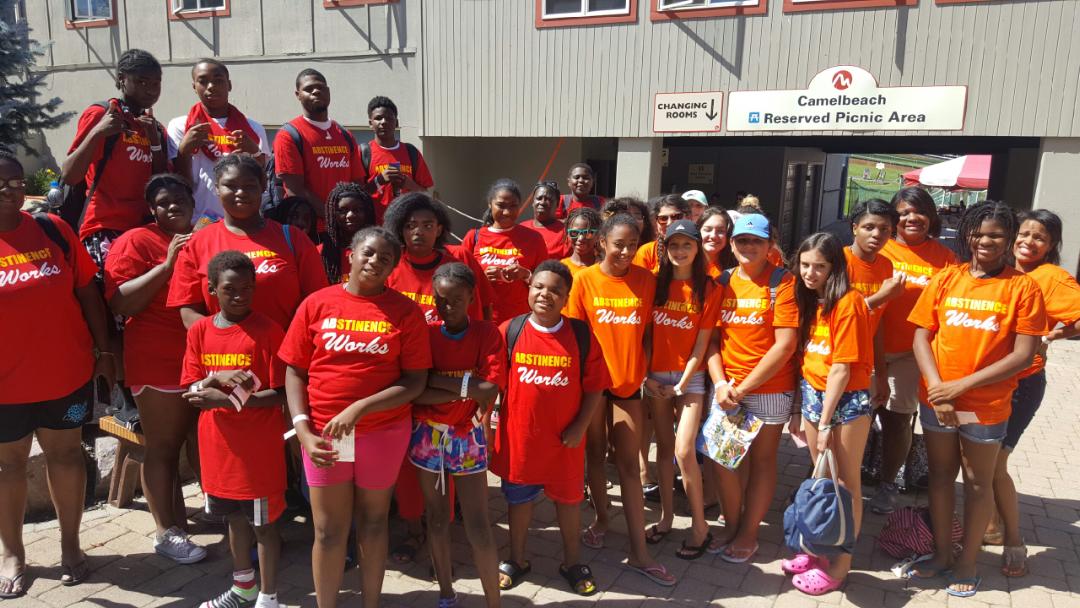
Free Teens Youth Newsletter 2012
COMMUNITY ANNOUNCEMENTS
Creating a Culture of High Expectations for all Youth

By Linda Doering, SRAS
To learn about the research on the “Pygmalion Effect,” especially as it concerns developing the “high expectations” of Teaching Professionals in their own classrooms was enlightening and profound. Something that has always been hidden in plain sight: drawing out our students’ potential through believing in them and putting that belief, as Sexual Risk Avoidance Education (SRAE) Educators, into action vs. their self-defeating self-talk such as “I am a product of my past experience and current environment.”
Not only can this be an advantage for students and parents, but also for teachers themselves, as they draw out that budding potential through positive affirmations and creating a class environment of high expectations through:
1. Believing Students can and will succeed;
2. Communicating that belief clearly;
3. Helping Students to not only believe but to put this belief into practice.
This all-inclusive attitude places everyone on the same field of expectations, thus delivering to them equal opportunity, even if not equal results. Even if a student still falls behind, this provides an opportunity to discuss one-on one with each student about what they did to reach their goals and what they did to lower their achievement so they have a positive reference about what they could plan in their future to do better.
At age 59, we lost our grant so our SRAE work was put on hold. It was at this time that my School District’s Health Ed Supervisor advised me to go to College. After my Boss said the same thing, I immediately went into panic mode. I always considered myself to not be “the sharpest tool in the shed” based upon my experiences and how school kids had always treated me in my adolescent years. These were just bigger kids trying to humiliate me. “You must be smart to go to college!” So, I bit the bullet and began the courses. Well! Once I got that first A (on my first paper) and acknowledgment from my Professors, I broke that glass ceiling and became obsessed with achieving my degree in Behavioral Science!
What I learned was that all the things I had learned through my SRAE experiences had so much research backing it up. Just like here in our recertification process. This enabled me to hone my skills as a presenter and to become more laser-sharp in my approach and more effective in my impact with my students and their teachers.
My 22 years of experience teaching in urban schools has revealed to me the disastrous results of the “Golem Effect” in which lessons and expectations are dumbed down so severely, often in the name of misplaced “compassion” for lower achieving students, so these students “won’t feel so bad.”
I have had little 7th grade girls tell me all the benefits of having a baby as an unmarried teen mother-Section 8, SNAP, WICK, free babysitters in high school, etc. I have often seen that these students find great difficulty in succeeding later in their academic and work careers as they are taught that everything must revolve around them rather than through their own initiative to succeed through the norms of classroom high expectations. I have also had teenaged boys stand up in class asking, “You mean I don’t HAVE to have sex. Ms. Linda?”
What I appreciate most in this High Expectations approach is that this puts everyone in the classroom on an equal footing. My own children’s language skills had deteriorated due to their three-year stay in the former USSR with them speaking and writing primarily in Russian in grades 4-6. Upon our return to the US, my house rule was that any time they received lower than an 85% on anything, they would beg their teacher for extra credit. Their normal expectation for themselves became As and Bs on their report card even though it took one year for their appropriate reading level to return! They never got scolded for anything lower, but they must tell me why and what their plan for change was.
I have seen countless teachers working hard on these issues and showing high expectations, not only for students, but for themselves as well through the way they decorate their classrooms, making lessons relate to real life, and by using positive affirmations and language for every effort their students make. However, they are frustrated for lack of support from people only looking at grades rather than allowing for the process to take effect.
Expectations must be encouraged, and never demanded in a harsh way such as with public humiliation. Private time must be allowed for the teacher to show a personal interest by speaking one-on-one to offer help for a student not meeting expectations that they are capable of, not only for the struggling student, but also for the high achievers as well because they often struggle with negative high expectations from their family, etc.
I asked once in a school of 8th grade high achievers, “Is it easy getting good grades?” The entire room exploded with their pleading eyes that I will never forget with, “NO! It is so difficult!” and they were so grateful to be understood because they were often ridiculed by peers for studying so hard.
Achievements and success often involve pain of some sort. It is important that they enjoy the process with every inch gained in the right direction applauded so that they are aware that they are on the right path, instead of “group achievement awards” handed out blindly these days.
One way that the classroom can reflect High Expectations as a pleasurable and rewarding experience and thus internalizing it into action could be posters of positive affirmations from successful people they recognize. Like one rapper who said…
“Let yur Hatahs be yur Motivatahs”
(Let your Haters be your Motivators – Kanye West)
